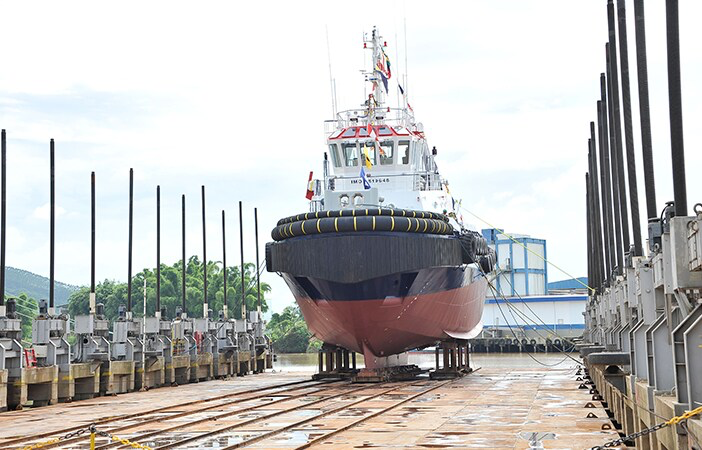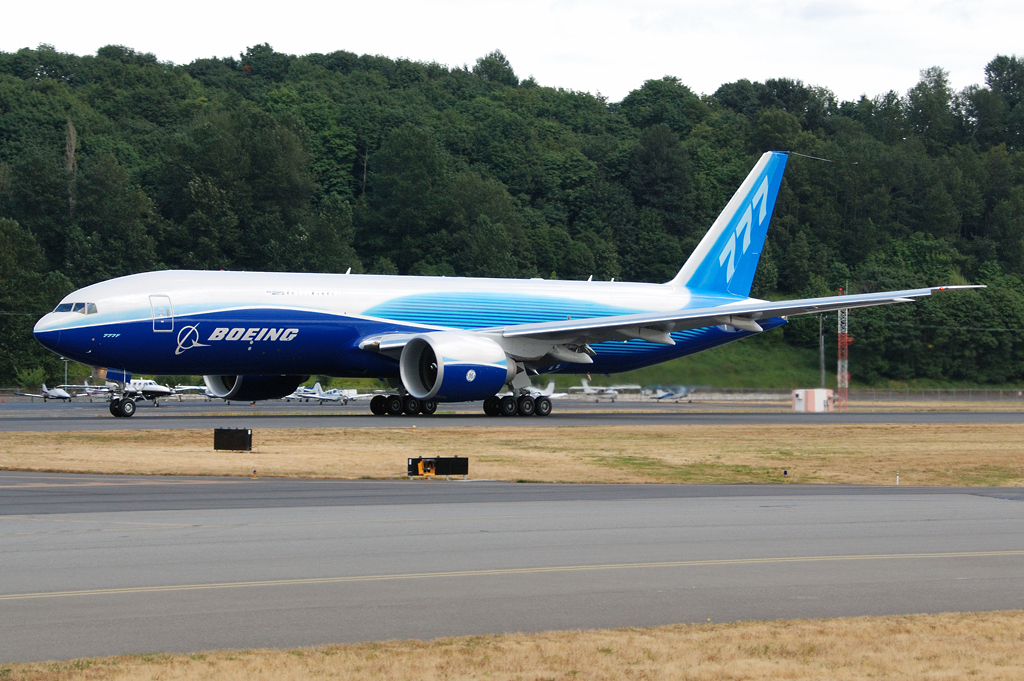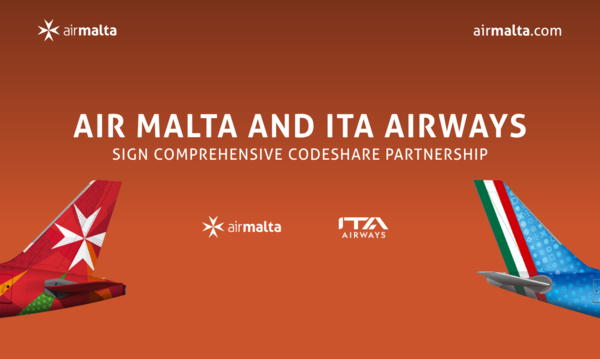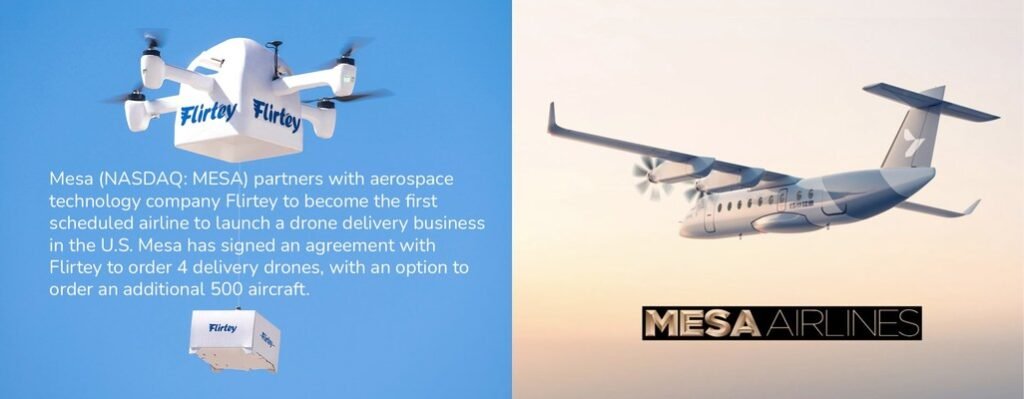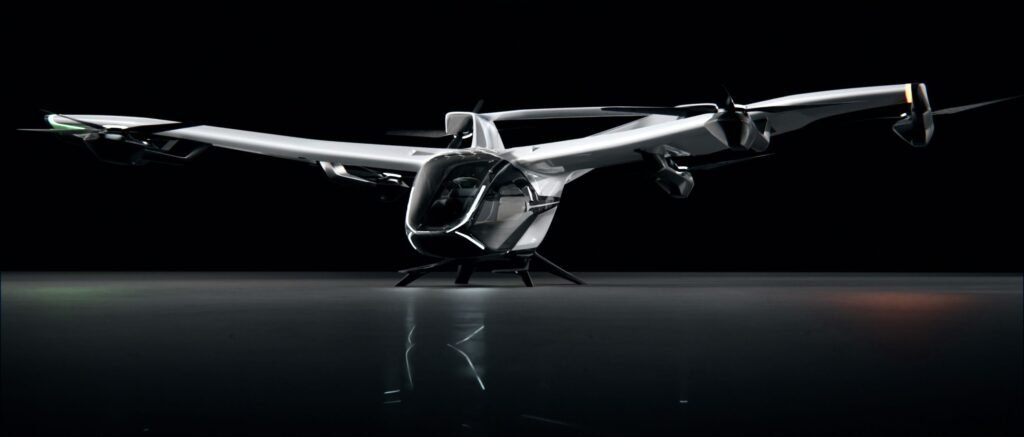Rolls-Royce Announces Funding Secured for Small Modular Reactors
Rolls-Royce (LSE: RR.L) announced today that following a successful equity raise, the Rolls-Royce Small Modular Reactor (SMR) business has today been established, to bring forward and deliver at scale the next generation of low cost,…

